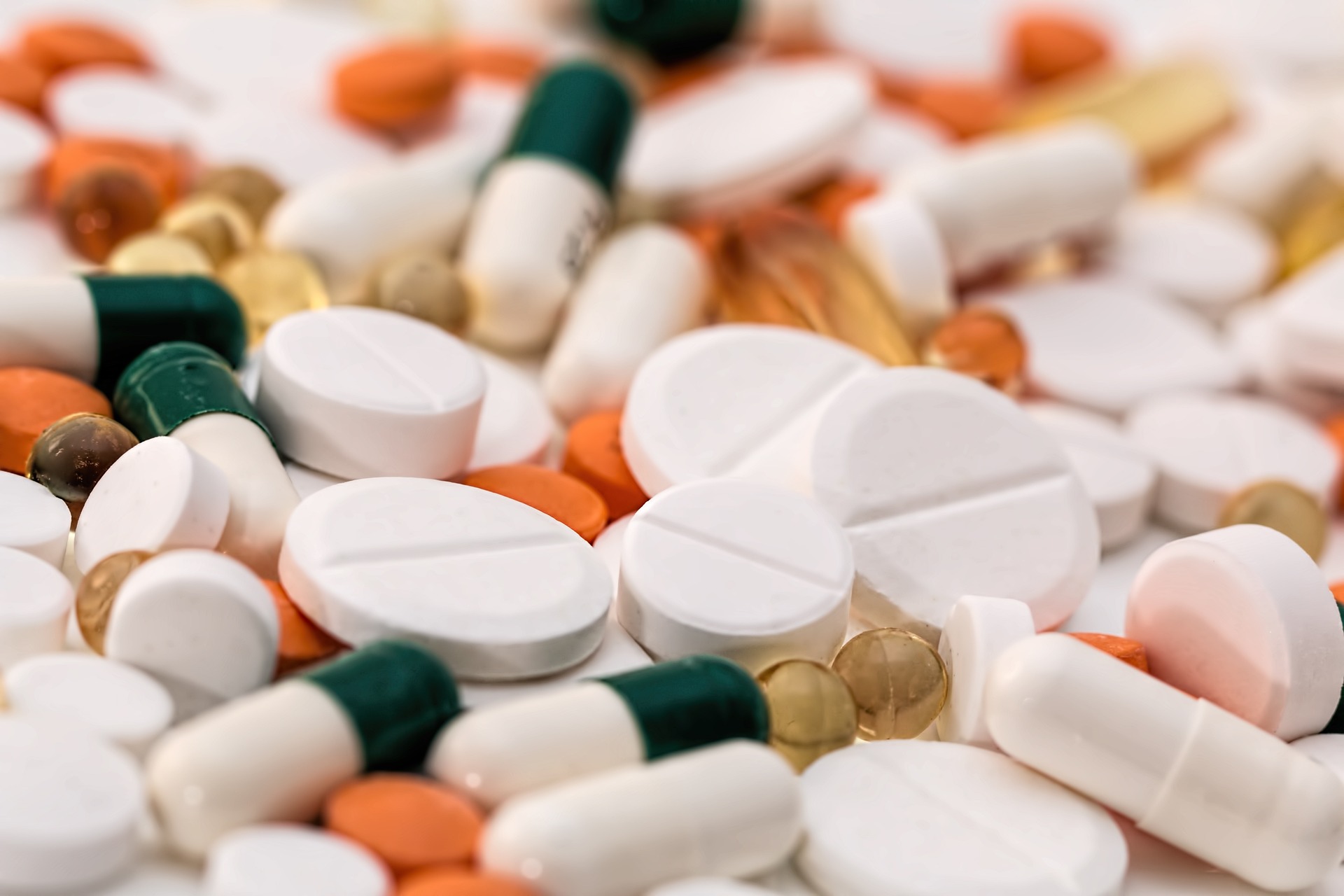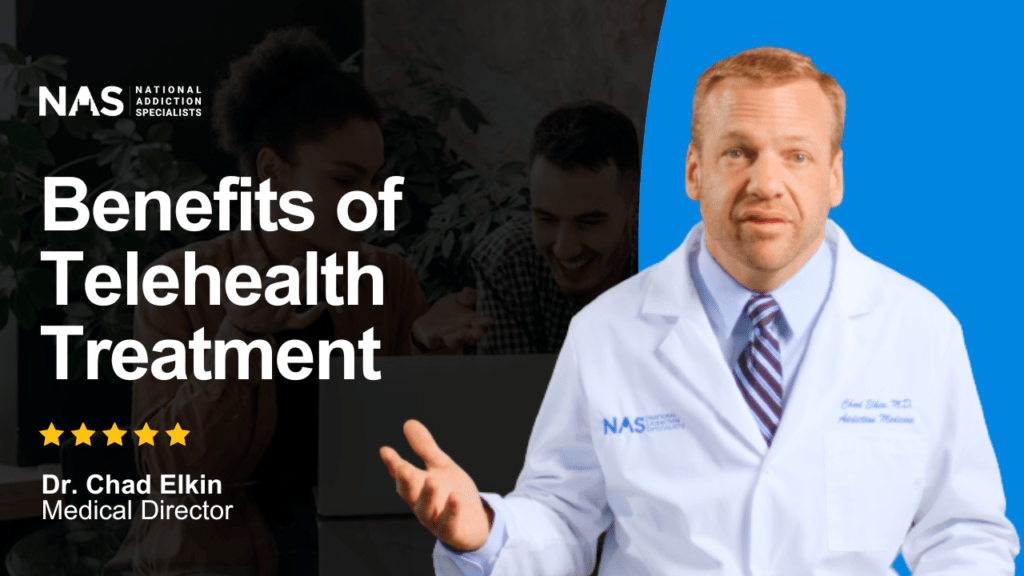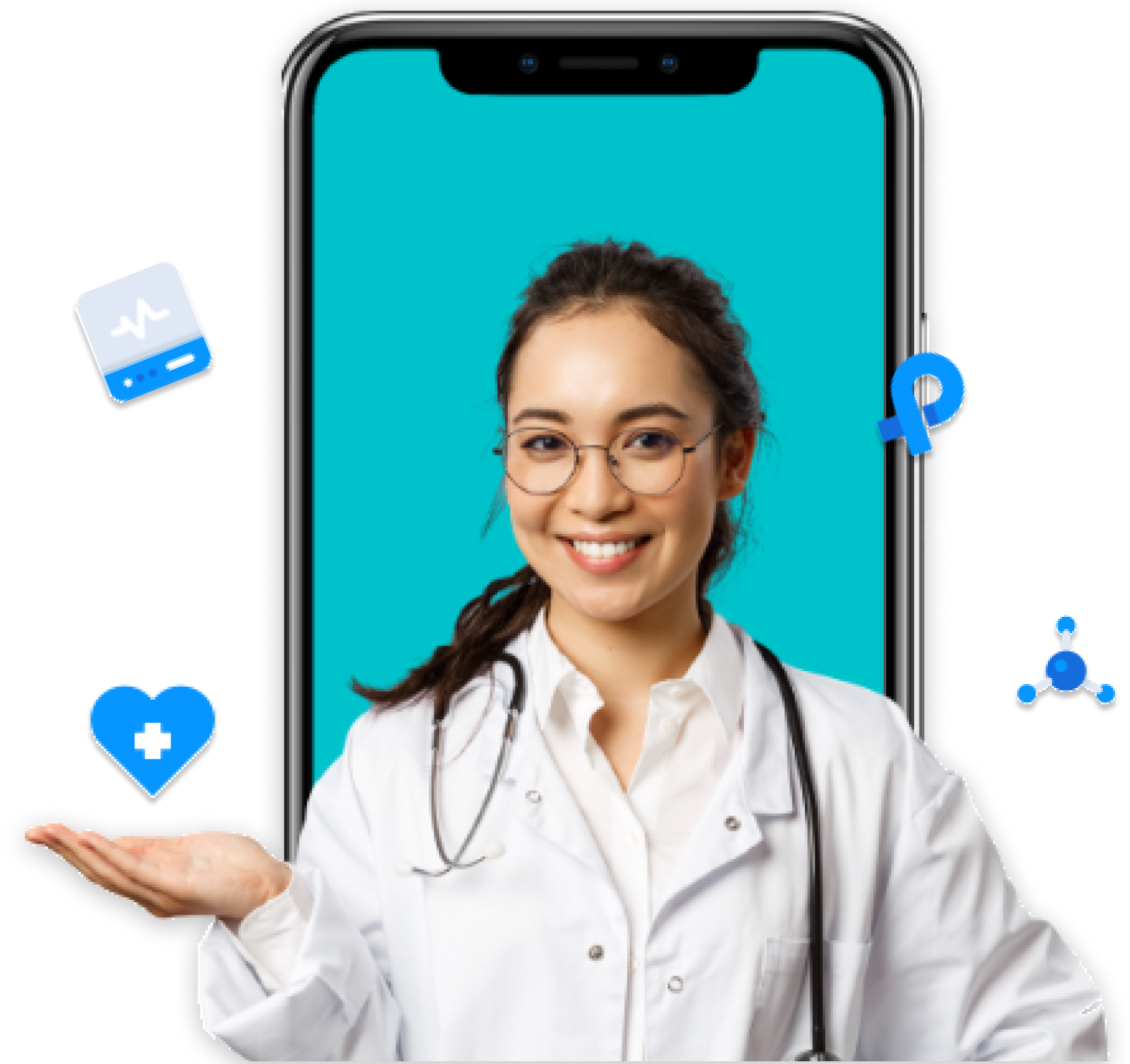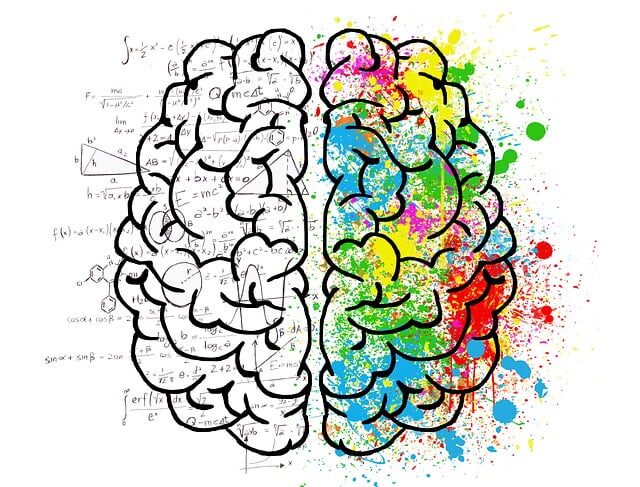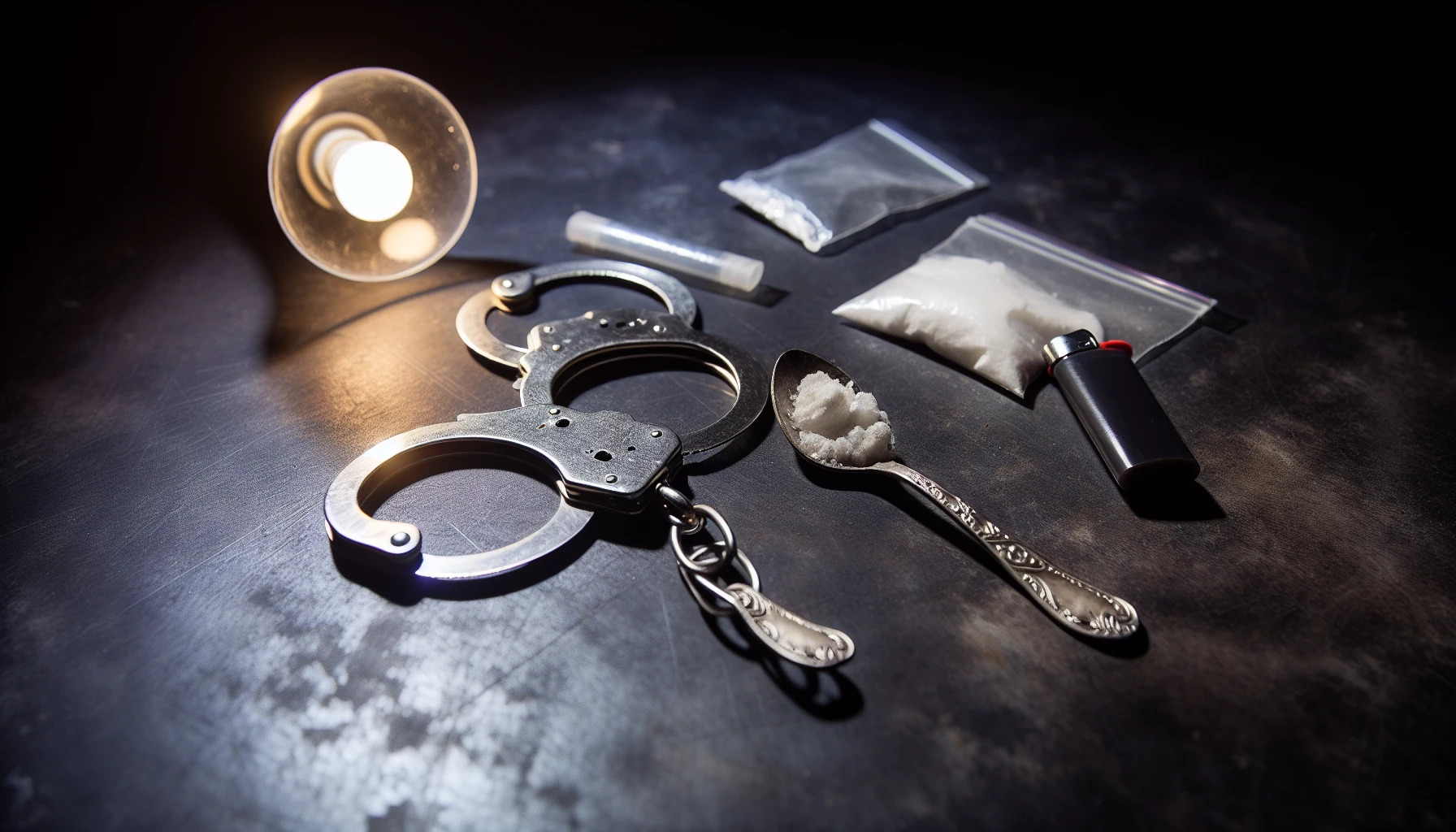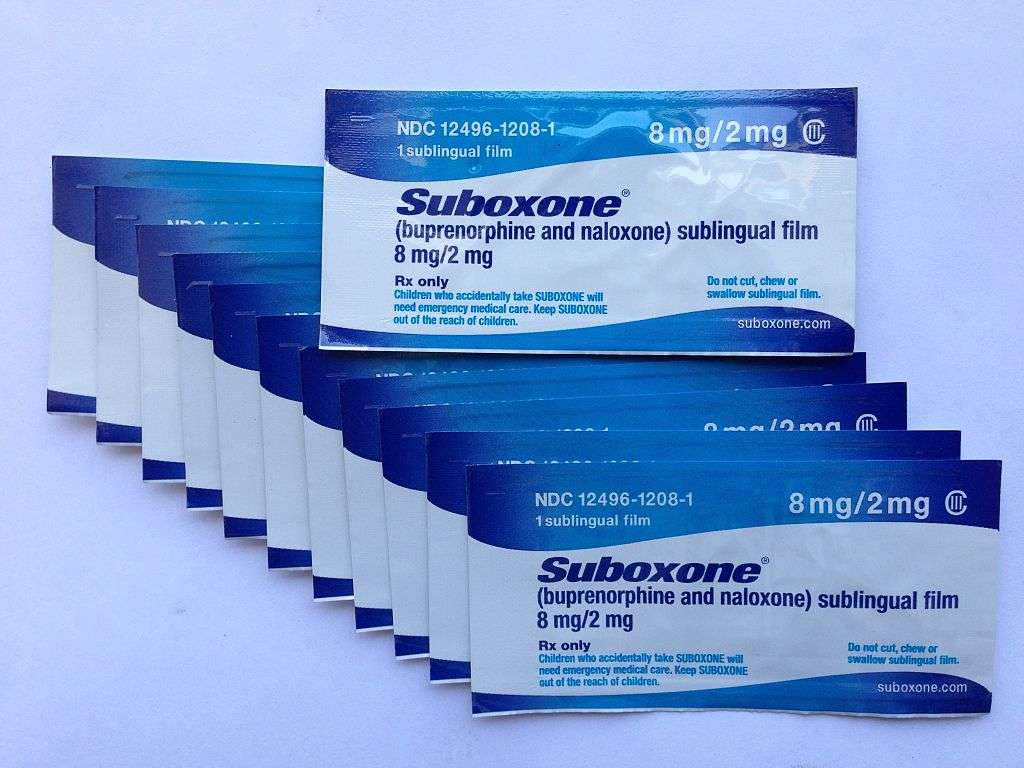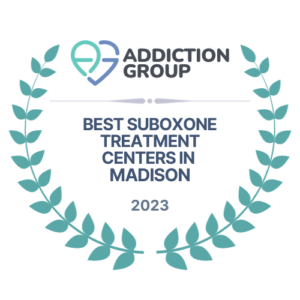Understanding the warning signs and symptoms of adult drug addiction is very crucial. A person who abuses drugs experiences physical, behavioral, and emotional changes. It has harmed families, communities, burdened law enforcement, and left innocent children orphaned. It’s important to recognize the early warning signs and symptoms of drug addiction in order to provide the necessary treatments before things get out of hand.
In this article, we’ll be diving deep into what drug addiction is, the early signs of drug addiction in adults, and the importance of intervention.
What is Drug Addiction?
Drug addiction, also known as substance use disorder, is a condition that impairs a person’s capacity to control their use of drugs and medications, whether they are legal or not. Addiction makes it possible for you to continue consuming the drug even when it harms you. A substance use disorder becomes a disorder when the use of any substance causes negative effects on one’s life with friends, family, or at work.
Drug abuse can begin from experimental usage and peer pressure from the social surroundings of a person, which develops to their drug addiction. Others, particularly those who use opioids, develop a drug addiction when they consume prescribed medications or get them from others who have prescriptions.
Each substance has a different potential for addiction and a different rate of addiction. You could require more of the substance to become euphoric as time goes on. You might eventually require the medicine just to feel good and happy as more drugs are needed to cause the same effect over time. You could find that it gets harder to resist as your drug use rises. You might experience severe cravings and physical sickness when trying to stop using the drug.
Signs of Drug Addiction in Adults
Drug addiction symptoms are divided into three categories: physical, behavioral, and psychological symptoms. Although different drugs will appear with varied sets of symptoms, the majority of these signs and symptoms will stay constant.
Physical Symptoms
The following are typical physical symptoms of drug addiction:
-
Red eyes with dilated or constricted pupils
They can have enlarged or contracted pupils, which is a common symptom of heroin addiction. Additionally, their eyes may be bloodshot.
-
Quickly losing weight
Cocaine, ecstasy, or methamphetamine users may have rapid weight loss because they lose their appetite. They tend to ignore or not feel their hunger at all.
-
Appearance change
Drug abuse on a regular basis might result in acne, pallor, and jaundice. Scabs, scars, bruises, and track marks could also be present on the body. Additionally, they could develop burns or sores on their lips or fingers.
-
Lack of personal hygiene
Anyone who is addicted to drugs could have trouble bathing, cleaning their teeth, or maintaining their bodily cleanliness. They may have smoke or other strange odors on their breath or clothes.
-
Slurred speech
Incomprehensible speech, slurred speech, or rapid speaking
Other physical symptoms:
- Sweating
- Nausea and vomiting
- Irregular heartbeat
- Headaches
- Shakiness or tremors
- Diarrhea
- Seizures
Behavioral Symptoms
A drug user may act strangely in addition to experiencing physical changes. The following are some notable behavioral symptoms of substance abuse in adults:
-
Energy level fluctuation
Users feel more energized after taking an upper drug. They can seem ‘pumped up,’ irritated, and remarkably energized. Heroin and its derivatives, on the other hand, will have the opposite effect. The user will come off as drowsy, lazy, slow, or worn out. It’s possible for them to doze off at odd hours or unsuitable locations. They might also get sick regularly.
-
Secretive behavior
They frequently avoid contact with others and keep their whereabouts a mystery. They continually seek out a quiet location to use drugs and frequently go missing for extended periods of time. They even use gum to try to mask the odor of their breath, or cologne or perfume for their clothing.
-
Neglecting their responsibilities
An individual who develops a drug addiction may skip daily obligations including their job, school, or housework. Their productivity at work or in school may suffer.
-
Trouble with money
Due to the high cost of most illegal drugs, people may find themselves borrowing money on a regular basis. Additionally, they might even sell their belongings to raise money for their drugs.
-
Affected relationships
The individual would withdraw or put friends and family at a distance. They could make a lot of excuses and avoid making eye contact with people. They could even have a change in friends.
-
Unusual mannerisms
They might always have a runny nose or might rub their nose a lot. Other mannerisms include finger twitching or snapping.
-
Inconsistent sleep cycle
Insomnia (difficulty of falling asleep at night) or hypersomnia (sleep for too long) are common symptoms of substance abuse.
-
Change in interest or hobbies
Loss of interest in their hobbies or activities that you know about.
Psychological Symptoms
People who abuse drugs may notice changes in their emotions, which will have an impact on how they behave. Typical psychological symptoms include:
-
Easily irritated and moody behavior
Unpredictable mood swings and rapid agitation are further signs of drug usage. Additionally, they may begin acting inappropriately, obnoxious, or childish.
-
Depression and anxiety
When the person loses interest in the things they once enjoyed, sleeps too little or too much, or experiences rapid weight gain or loss, might be symptoms of depression and anxiety which are common with drug addiction.
-
Lack of confidence
People who struggle with drug addiction may exhibit a pronounced lack of confidence in their skills, intellect, appearance, or other aspects of their lives.
-
Unmotivated
People exhibiting signs of substance abuse may be seen to have ambitious goals but lack the will to carry them out.
-
No focus
They frequently have trouble concentrating and are constantly drifting off. When approached, they constantly seem to be easily distracted or confused.
Other psychological symptoms:
- Psychosis
- Paranoia
- Delayed thinking
- Forgetfulness
- Disconnection from reality
- Decision-making skills that are compromised
- Hallucinations
- Delusions
- Lack of logic
Signs of Abuse to Specific Drugs
There are specific signs of abuse connected with particular drugs in addition to generic signs of substance misuse. With this knowledge, you can aid recognizing abuse in a friend, relative, or coworker.
Marijuana/Cannabis
Euphoria may be brought on by marijuana and other cannabis-based products, including edibles. They may result in enhanced vision and hearing, but the user may also appear unstable and forgetful.
- Euphoric or “high” feeling
- enhanced sensory sensitivity in the areas of taste, hearing, and vision
- Higher heart rate and blood pressure
- Red eyes
- Dry mouth
- Reduced coordination
- Having trouble focusing or remembering
- Slow response time
- Anxiety or paranoid thinking
- Clothing and fingertips could have cannabis/marijuana smell
- Significant food cravings at weird hours
Barbiturates and Benzodiazepines
These are frequently used to treat sleep and anxiety problems. Common drugs like Valium and Xanax are examples of benzodiazepines. Barbiturates are no longer used as frequently as they once were, but they are nevertheless occasionally used to treat seizure disorders and during surgery.
- Drowsiness
- Slurred speech
- Lack of coordination
- Irritability or mood swings
- Difficulty in focusing or thinking clearly
- Forgetfulness
- Involuntary eye movements
- Lack of inhibition
- Drop in blood pressure and slowed breathing
- Clumsiness
- Dizziness
Hallucinogens
Depending on the drug, using hallucinogens can result in a variety of signs and symptoms. Lysergic acid diethylamide (LSD) and phencyclidine (PCP) are the two of the most popular hallucinogens.
LSD use may result in:
- Hallucinations
- Reality awareness is significantly diminished
- Impulsive actions and behaviors
- Rapid emotional changes
- Permanent mental changes in perception
- High blood pressure and an accelerated heart rate
- Tremors
- Flashbacks and reexperience of the hallucinations
PCP use may result in:
- A feeling of being separated from your body and surroundings
- Hallucinations
- Coordination and movement difficulties
- Violent and aggressive behavior
- Involuntary eye movements
- Lack of pain sensation
- increased heart rate and blood pressure
- cognitive and memory issues
- Difficulty in speaking
- Bad judgment
- Dislike of loud noise
- Coma or seizures
Opioids
Opioids are addictive narcotics, and include opiates which are natural opioids from a plant such as morphine or codeine and also include synthetically created opioids such as fentanyl. A short or long-term drug replacement during therapy by a physician may be necessary for some individuals who have used opioids for a prolonged period of time.
- Euphoric or high feeling
- Reduced pain perception
- Irritability, sleepiness, or sedation
- Slurred speech
- Difficulties with focus and memory
- Contracted pupils
- Lack of awareness
- Difficulties with coordination
- Depression
- Confusion
- Constipation
- Runny nose or nose sores
- Needle marks
Club drugs
At clubs, events, and concerts, club drugs are frequently consumed. Despite not all belonging to the same category, these medications have certain common side effects and risks, including long-term negative effects. Club drugs including ecstasy, ketamine, and GHB are widely used.
- Hallucinations
- Paranoia
- Dilated pupils
- Chills and sweating
- Tremors
- Changes in behavior
- Cramping muscles and clenching teeth
- Muscle relaxation, poor coordination or difficulty in moving
- Reduced inhibitions
- Increased or changed sensitivity to taste, hearing, and sight
- Bad judgment
- Memory issues or memory loss
- Reduced awareness
- Increased or reduced blood pressure and heart rate
The Importance of Intervention
When a friend or loved one exhibits some of these drug use and addiction warning signs, it can be difficult to know how to handle the situation. Communicating your worries can be challenging, particularly if you fear a conflict will arise. However, reaching out is important.
People who struggle with drug use frequently reject that they have a problem and are reluctant to seek help. An intervention can persuade someone to ask for or accept help by giving them a structured opportunity to make improvements before things get worse.
- Consult a professional interventionist. Their sole objective is to support you and devise the best and safest intervention strategy.
- Invite close relatives and friends who are concerned about the struggling person.
- Create a plan and practice what you’ll say.
Keep in mind that an intervention must be carefully planned. Seek help right immediately if you believe that you or someone you know is struggling. The sooner a person receives help, the better.
Interested to learn more? Read more related articles: Myths About Using Suboxone to Treat Opioid Addiction
Contact National Addiction Specialists For Your Suboxone Treatment!
National Addiction Specialists is here to help and support you if you are struggling with opioid addiction.
You can use your phone, tablet, or computer to chat and speak with a doctor in the comfort of your own home. You’ll receive your individualized treatment plan and continue to receive telemedicine care up until you reach full recovery.
Get in touch with us to start taking steps to beat your opioid addiction.
References:
https://www.mayoclinic.org/diseases-conditions/drug-addiction/symptoms-causes/syc-20365112
https://www.webmd.com/mental-health/addiction/signs-of-drug-addiction


